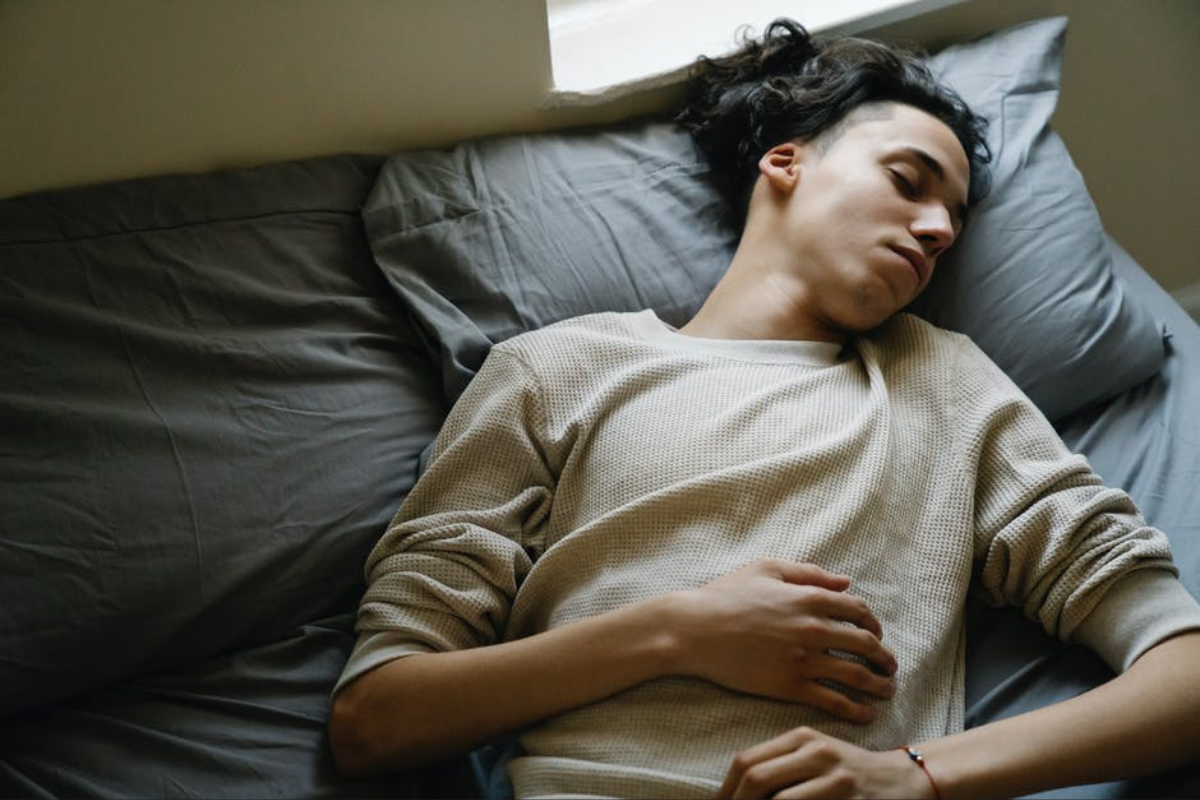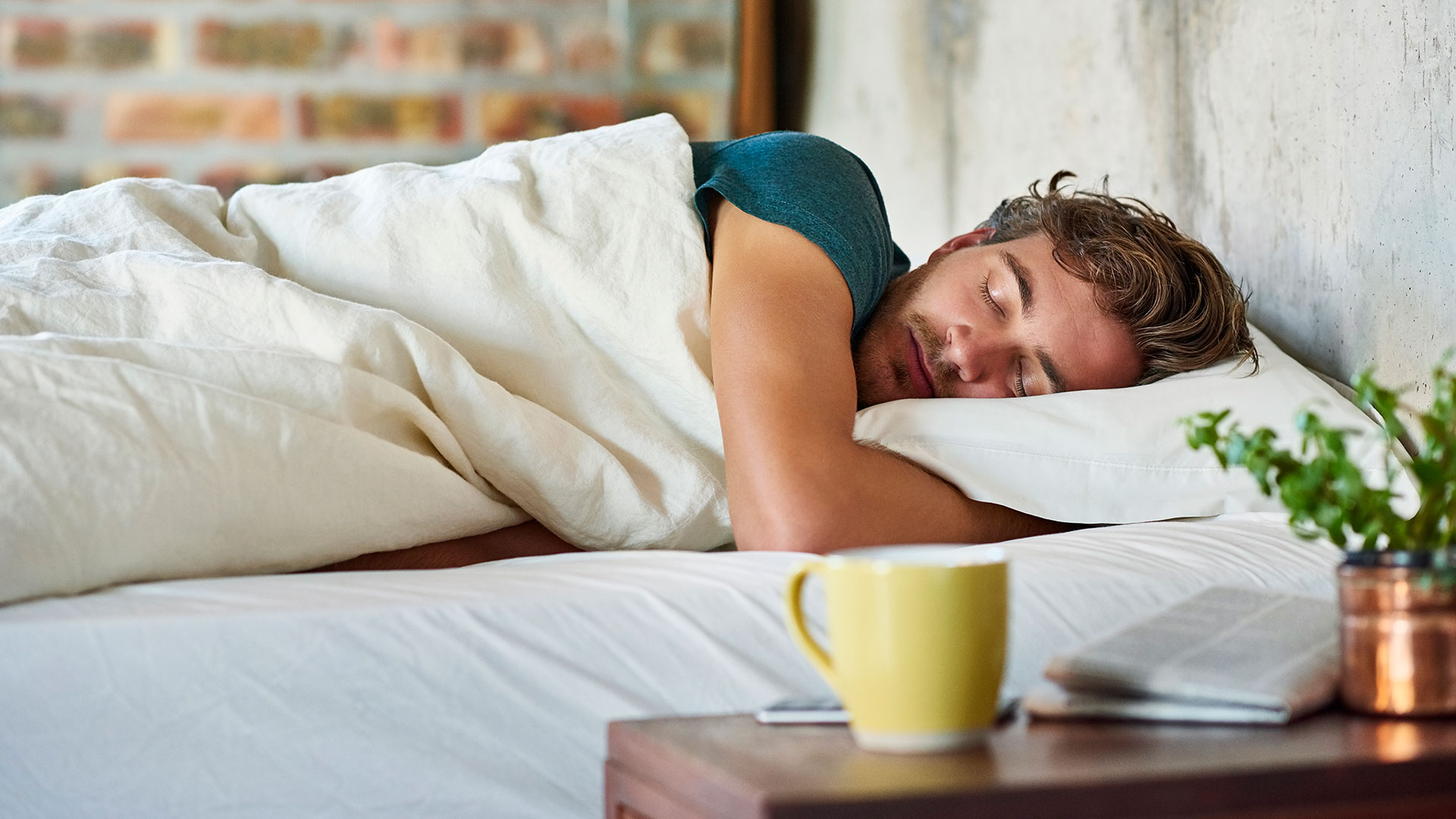
In these stressful times, sleep can be quite difficult and light is not a good companion. According to a new study, sleeping in a room with light is not only bad for sleep, but is also associated with a number of health problems.
Having light in the room “increases heart rate and nervous activity throughout the sleep period,” said sleep researchers at the Feinberg School of Medicine of Northwestern University, authors of the work.
The problem that specialists detected is that there is always light. For millennia, humans have generally followed the solar cycle of light, but this is no longer the case: lights are changing sleep patterns and, according to this new research, they also affect our health.
“We wanted to understand why there is an association between exposure to nightlight with a higher prevalence and incidence of weight gain and obesity. The goal was to understand how moderate levels of light during sleep affect cardiovascular and metabolic function,” said the study's lead author Phyllis Zee, head of sleep medicine at Northwestern University's Feinberg School of Medicine, author of the article published in PNAS file.
Exposure to artificial light during sleep is common, the research indicated. Up to 40% of people sleep with a light on, the TV or laptop, the researchers estimated. But sleeping in a room, even in low light, is associated with an increased risk of heart disease and diabetes, the study found.
“The results show that only one night of exposure to moderate room lighting during sleep can affect cardiovascular and glucose regulation, which are risk factors for heart disease, diabetes and metabolic syndrome. It's important for people to avoid or minimize the amount of exposure to light during sleep,” he said. While this was only an observational investigation, that is to say that it only observed a correlation and did not establish a direct cause-and-effect relationship, it corresponds to previous studies.

Science has long known that the body's circadian clocks are influenced by light, and exposure to it reduces the secretion of melatonin, which makes the body feel more awake. While people may not notice it, light can restore the body's blockage, causing the heart rate to increase and prevent a good night's sleep.
Light also interferes with the sympathetic and parasympathetic nervous systems which, among other things, regulate the fight-or-flight response and control stress and alertness. “There doesn't even have to be a lot of light for it to interfere with your sleep,” the specialists say.
“The most important finding is that one night of exposure to moderate levels of ambient light while sleeping with eyes closed increased heart rate and sympathetic activity throughout the sleep period, suggesting activation of the nervous system. In addition, in ambient light conditions, increased insulin secretion was required to normalize glucose levels, which is consistent with increased insulin resistance,” explained Zee,
Specialists state in their research: “we show that the heart rate increases when sleeping in a moderately lit room.” Daniela Grimaldi, co-author and assistant professor of neurology research at Northwestern, added: “Even if you are asleep, the autonomic nervous system is activated. That's bad. In general, heart rate along with other cardiovascular parameters are lower at night and higher during the day.”
This is not the first study to find an association between sleeping lights and health problems. A previous one conducted by the same work team found that healthy people who are exposed to light during sleep are more likely to be overweight and obese, and this new study also attempts to explain this.

“We are showing a mechanism that is affecting the ability to regulate glucose,” Zee confirmed. This may be due to insulin resistance. This means that cells within the body are unable or less able to respond to the amount of insulin they receive, and cannot use glucose for energy. To compensate for this, the pancreas begins to produce more insulin, which in turn raises blood sugar. The researchers found that after people slept in a room with light, insulin resistance increased.
“In addition to sleep, nutrition and exercise, exposure to light during the day is an important health factor, but at night we show that even modest light intensity can affect cardiac and endocrine health measurements,” Zee concluded.
KEEP READING
Últimas Noticias
Debanhi Escobar: they secured the motel where she was found lifeless in a cistern
Members of the Specialized Prosecutor's Office in Nuevo León secured the Nueva Castilla Motel as part of the investigations into the case

The oldest person in the world died at the age of 119
Kane Tanaka lived in Japan. She was born six months earlier than George Orwell, the same year that the Wright brothers first flew, and Marie Curie became the first woman to win a Nobel Prize

Macabre find in CDMX: they left a body bagged and tied in a taxi
The body was left in the back seats of the car. It was covered with black bags and tied with industrial tape
The eagles of America will face Manchester City in a duel of legends. Here are the details
The top Mexican football champion will play a match with Pep Guardiola's squad in the Lone Star Cup

Why is it good to bring dogs out to know the world when they are puppies
A so-called protection against the spread of diseases threatens the integral development of dogs




